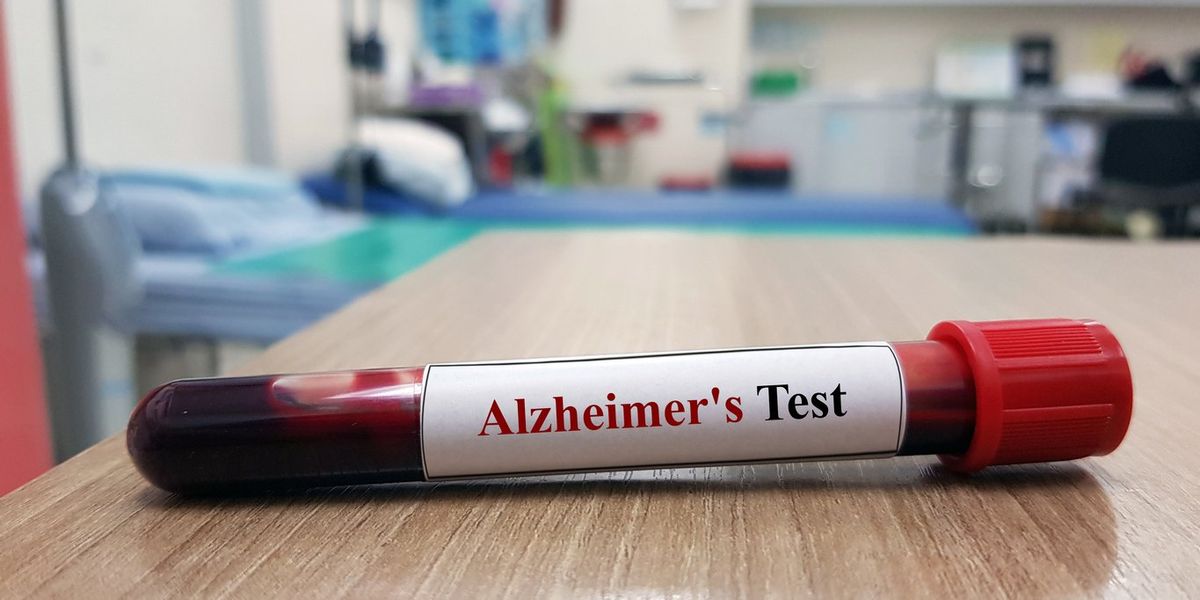
Federal regulators recently approved New York State’s plan to expand its Essential Plan, a public health insurance program, to New Yorkers with incomes up to 250 percent of the Federal Poverty Line, which is an annual income of $37,650 for An individual. This will expand the plan to another 100,000 New Yorkers.
The U.S. Department of Health and Human Services and the U.S. Department of the Treasury recently approved New York’s Section 1332 State Innovation Waiver application. Section 1332 State Innovation Waivers, part of the Affordable Care Act, allows states to pursue innovative strategies to provide residents with access to high-quality, affordable health insurance. State innovation waivers are available as of January 1, 2017, are approved for periods of up to five years, and may be extended.
For a Section 1332 waiver to be approved, federal departments must determine that the waiver will provide coverage that is at least as comprehensive as the coverage provided without the waiver; provide cost-sharing coverage and protections against excessive out-of-pocket expenses that are at least as affordable as without the waiver; provide coverage to at least a comparable number of residents as without the exemption; and not increase the federal deficit.
Since 2017, more than 20 states have filed Section 1332 waiver requests with the goal of establishing reinsurance programs, eliminating employer mandates, introducing premium subsidy alternatives, or privatizing their health insurance markets. CMS has approved 19 waiver requests to date.
For example, Washington state’s Section 1332 waiver, effective January 1, 2024 through December 31, 2028, allows all Washington residents, regardless of immigration status, to enroll in health plans. through the same gateway on the state Exchange and benefit from state subsidies that reduce premium costs. Additionally, for the first time, this waiver will allow newly eligible Washington residents to enroll in a single, single-deductible health plan along with their currently eligible family members through the same enrollment and plan search process.
The waiver will also reduce the need for individuals and families to rely on less affordable or less comprehensive forms of coverage, or to remain uninsured and rely on expensive emergency room services and charity care, thereby reducing uncompensated care and improving the state economy in general.
New York’s waiver was approved for five years, from 2024 to 2028. This coverage expansion is estimated to save New Yorkers an average of $4,700 per year, compared to what they would have spent on health coverage through Plans of Qualified Health.
“Since it was introduced by the Marketplace in November 2015, the Essential Plan has served as a critical refuge for New Yorkers who cannot qualify for Medicaid but are still struggling to stay afloat with the cost of health insurance,” said Danielle Holahan. , executive director of New York. State of Health, the state’s health plan marketplace, in a statement. “We are excited to build on the success of this program to extend comprehensive, affordable health insurance coverage with no monthly premium to more low-income New Yorkers, including the Deferred Action for Childhood Arrivals (DACA) population. )”.
The Essential Plan already covers more than 1 million low-income New Yorkers, providing comprehensive benefits with $0 monthly premiums, no deductible, and low cost sharing. Also includes free preventive care, adult vision care, and dental care with no cost sharing.
The Section 1332 waiver also complements New York’s recently approved 1115 Medicaid Demonstration Waiver in terms of addressing social determinants of health through grants in the following focus areas:
• Food insecurity, including medically adapted meals, food pharmacies and personalized counseling;
• Prepare for climate change by providing members with persistent asthma with air conditioning to protect their health, reduce the number of Emergency Department visits, and help communities prepare for extreme weather;
• Knowledge sharing, including provider training on mental health services and social determinants of health;
• The waiver seeks to improve the behavioral health of Essential Plan enrollees through grants for insurers to support improved access to behavioral health services, including mobile crisis units, crisis diversion centers, and crisis respite centers. .





